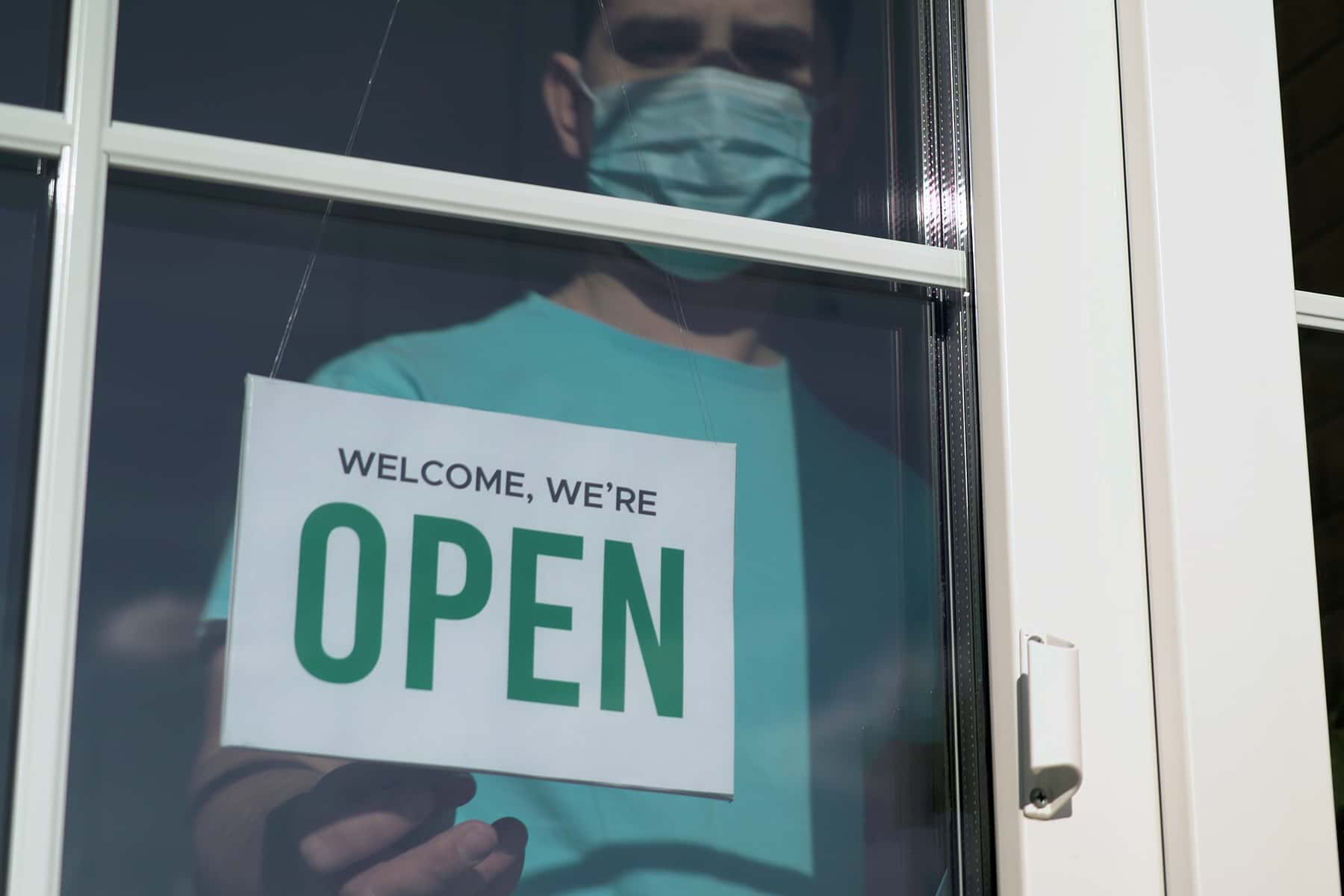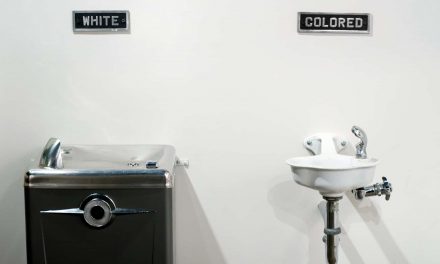
Here is the dilemma: an employee is working successfully and healthfully from home for the past couple of months as her employer has been shut down due to coronavirus. But then the lockdown is lifted and the employer opens back up for business. The employee goes to work. A week later she tests positive. Was it the employer’s fault?
That question is going to come up over the next few months, a lot. And many small businesses could face enormous liabilities if the answer is even a possible maybe. Cashflow and customer demand concerns aside, the liability issue is probably the biggest challenge that many businesses – big and small – will be facing as the economy reopens.
“Invariably, either an employee or a customer or some vendor coming in contracts the virus and alleges that they should have done more,” Neil Bradley, the chief policy officer at the US Chamber of Commerce, recently told NPR. “This is such an unprecedented situation. Businesses want to step up and do the right thing, but we know this is an insidious virus. And even in doing all the right things, it’s really hard to control its spread.”
Unfortunately, if you are running a small business, lawsuits from reopening could come in many forms. Just by trying to do the right thing, like collecting employee health data, requiring temperature checks or regular testing can expose you to violations of privacy regulations.
Not keeping up with every new piece of advice, rule or guidance from the Occupational Safety and Health Administration (OSHA), the Centers for Disease Control and Prevention (CDC) or even your state and local authorities could open the door for claims. And it is not just your employees that should worry you: as Bradley warns above, it is also your customers, your suppliers, your vendors – pretty much anyone who walks into your place of business and later tests positive for COVID-19.
“Imagine you are a businessman thinking about reopening, and you’ve heard that the trial lawyers all over the country are sharpening their pencils getting ready to sue you, claiming that you didn’t engage in proper distancing or other issues related to health and safety,” the Senate majority leader, Mitch McConnell, said in a Fox News interview last week. “We can’t pass a [another stimulus] bill unless we have liability protection, and that’s the only way we’re going to begin to get past this.”
McConnell and other legislators are pushing hard for legislation that would protect businesses. But they also face other, justifiable demands from those in Congress to also provide funding for frontline workers, people out of work and others in need. Coming to an agreement is going to take time, and many businesses will need to face a choice: reopen without protection, or not.
What about insurance? According to law firm Ropes & Gray, the coverage may not be there because many general liability insurance policies contain exclusions for liabilities related to infectious diseases. “Even claims may have ‘strike’ value, be persuasive to juries, and could be expensive to defend,” the firm warns.
So, as more localities begin to allow us to reopen our companies, what can a business owner do to limit liability while we wait – with hope – that Congress comes up with some form of protection?
During a recent online panel discussion summarized in the National Law Review, three litigation attorneys from the US arm of law firm Womble Bond Dickinson advised assigning someone in your company to be the point person for this issue and getting quickly up to speed on all the rules issued frequently by OSHA, the CDC, the World Health Organization and local authorities.
This would include taking steps like creating safety protocols, limiting activities where close contact occurs, regularly sanitizing the workplace and closing or limiting access to break rooms and other common areas. The attorneys also advised business owners to closely watch what other companies in their industry are doing and to “over-communicate” their actions to their employees.
Unfortunately, every attorney I have asked has admitted that there is only so much a business can do to protect itself without federal help and that the exposure to a lawsuit – frivolous or not – is still significant and potentially expensive to defend.
Which brings to mind the real issue here: when you add this liability threat to the devastated economy and shattered consumer confidence levels that already make it enormously challenging for any business to operate profitably for at least the remainder of the year, does it even make sense to reopen?
Sadly, I think for a good many business owners that answer may turn out to be no.
Gеnе Mаrks
Originally published on The Guardian as Reopening businesses face a legal minefield of coronavirus claims
Help deliver the independent journalism that the world needs, make a contribution of support to The Guardian.













